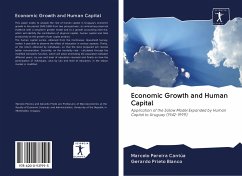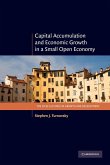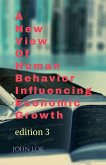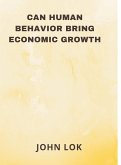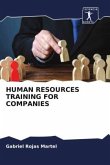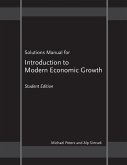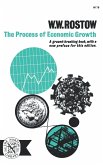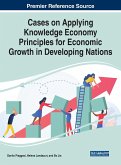This paper seeks to analyze the role of human capital in Uruguay's economic growth in the period 1942-1999 from two perspectives: a) contrasting empirical evidence with a long-term growth model and b) a growth accounting exercise, which will identify the contribution of physical capital, human capital and total productivity to the growth of per capita product.The human capital series, obtained from the Continuous Household Survey, makes it possible to observe the effect of education in various aspects. Firstly, on the return obtained by individuals, so that the best prepared will receive better remuneration. Secondly, on the mortality rate - calculated through the modified Gompertz function, which will allow estimating the population between different years, by sex and level of education received and finally on how the participation of individuals, also by sex and level of education, in the labour market is modified.
Hinweis: Dieser Artikel kann nur an eine deutsche Lieferadresse ausgeliefert werden.
Hinweis: Dieser Artikel kann nur an eine deutsche Lieferadresse ausgeliefert werden.

